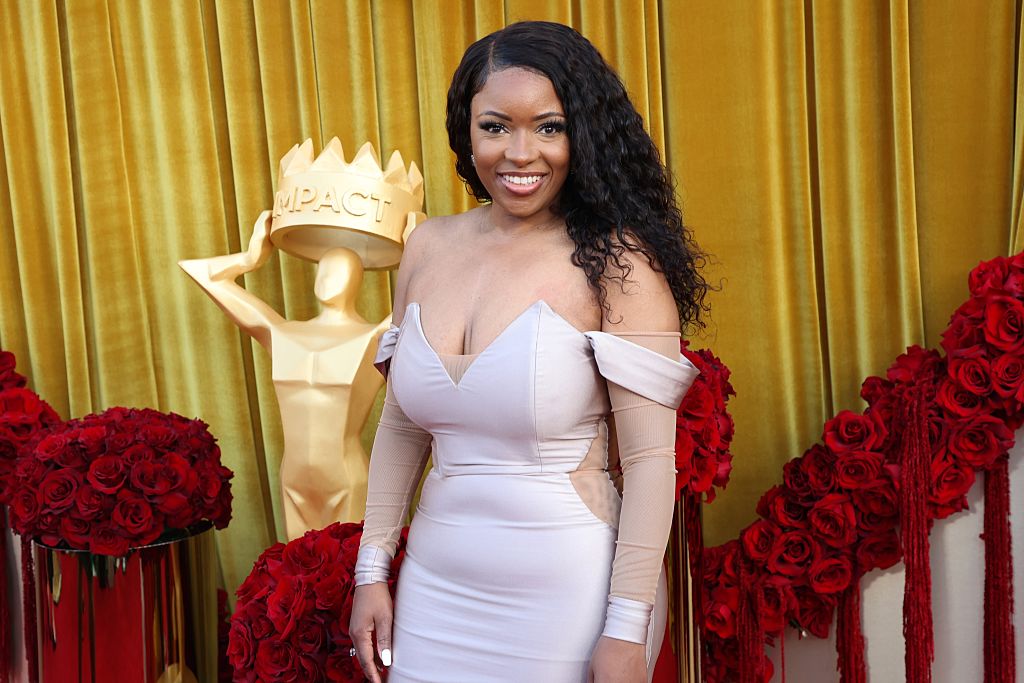National Urban League Embraces New Era Of Civil Rights
‘Racial Injustice Remains A Cancer On The American Body Politic:’ Urban League Embraces New Era Of Civil Rights
For decades, old-guard civil rights groups like the National Urban League, the NAACP, and even Al Sharpton‘s National Action Network, have been the go-to groups for elected officials to get a read on the needs and demands of Black voters.
But Black Lives Matter, with its tight social media game, has shifted the paradigm, forcing civil rights leaders, lawmakers, criminal justice officials, President Obama, and presidential nominees, to take notice of the itinerant new era civil rights movement, which was slow to be embraced when it popped up in 2013.
That’s why it was remarkable when Urban League President Marc H. Morial discussed the new civil rights era during an incisive keynote address Wednesday at the venerable group’s annual conference in Baltimore, Maryland, which was attended by NewsOne, and ends Saturday.
“What separates this new era of civil rights, social justice and empowerment from the centuries that have gone before is not that we are a nation free of racial injustice, but we are living in a time when there is a growing awareness that racial injustice remains a cancer on the American body politic,” Morial said.
Morial delivered the speech that also touched on intransigent issues of economic, educational and housing justice in the Black community at a noteworthy location: New Shiloh Baptist Church. The funeral for Freddie Gray, who received fatal injuries in police custody, was held at the church in 2015.
Gray’s death was among many that have ignited sometimes violent protests over police brutality in what Morial described as “an unceasing cycle of violence,” fueling “an ongoing national fervor for justice and racial reconciliation.”
Morial pointed out that Black America cannot do it alone.
“It requires a movement of the willing–White, Black, Latino, Asian, Native American …. Christian, Jewish, Muslim, agnostic, gay or straight, the determined, the enlightened, the outraged,” he said.”If injustice outrages you, if this cycle of violence grates at your inner core as a human being, then you can be–you must be–a champion of this movement.
“You can be a labor leader, a faith leader, a business leader, an M.D., a J.D., an MBA, or hold no degree whatsoever, but you must be a champion of this movement,” he said.
Autumn Marie, a New York City Black Lives Matter organizer, told NewsOne that she was pleased to the Urban League and other old-line civil rights groups are embracing the movement. “We are in a state of emergency,” she said.
But America has a long way toward racial healing. Radio One, Inc., the largest Black owned multi-media company in America and parent company of TV One, Interactive One, Reach Media and One Solution and Edison Research, released a trenchant study on race this week.
One point, among many, that stands out is that 64 percent of White Americans do not support the Black Lives Matter movement, because they do not think it is making a positive difference.
“The vast majority of White Americans think the movement encourages violence, is divisive to America and suggests that black lives matter more,” the report reads. “These sentiments are in stark contrast to Black Americans who believe the movement is making a positive difference.”
Click here to read the complete report, Black, White, & Blue: A Spotlight on Race in America.
















